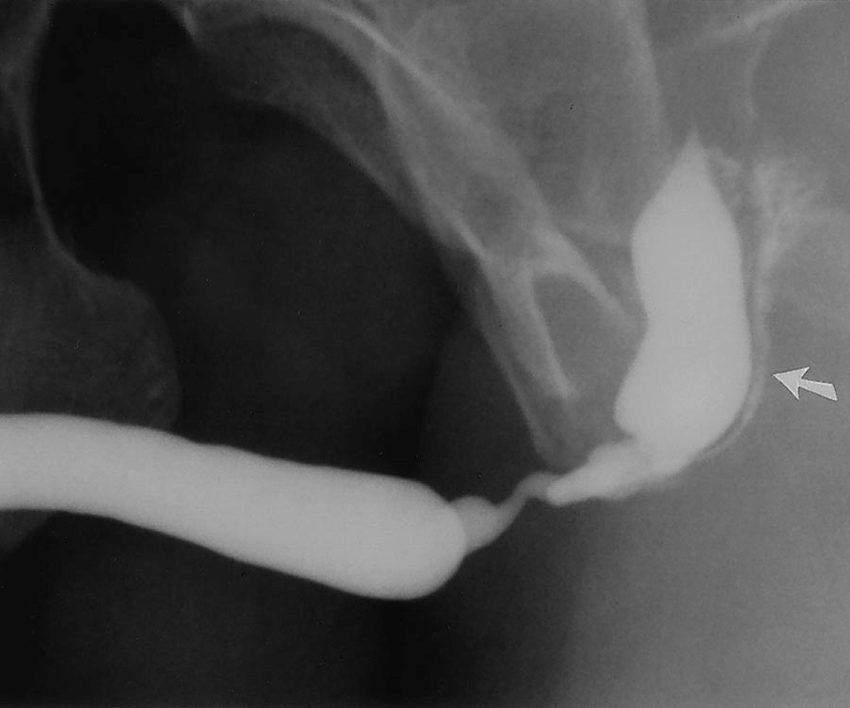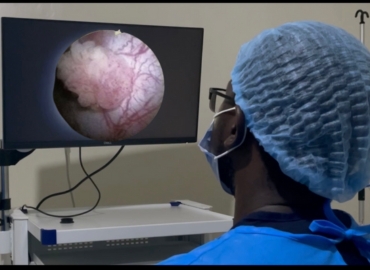Urethral strictures
What is a Urethral Stricture?
A urethral stricture is a narrowing of the urethra, the tube that carries urine from the bladder to the outside of the body. This narrowing can cause a number of problems, including difficulty urinating, a weak stream, and urinary tract infections (UTIs).
Urethral strictures can be caused by a number of things, including:
- Injury to the urethra, such as from a fall or a pelvic fracture
- Infection of the urethra
- Inflammation of the urethra
- Surgery on the urethra
- Radiation therapy to the area around the urethra
Urethral strictures are more common in men than in women. This is because the male urethra is longer and more vulnerable to injury.
Symptoms of Urethral Strictures
The symptoms of urethral strictures can vary depending on the severity of the narrowing. Some common symptoms include:
- Difficulty urinating
- A weak stream
- Frequent urination, especially at night
- Pain or burning during urination
- Blood in the urine
- Urinary tract infections
Diagnosis of Urethral Strictures
If you are experiencing any of the symptoms of urethral strictures, it is important to see a doctor for diagnosis. Your doctor will perform a physical exam and may order some tests, such as:
- Urinalysis
- Urine culture
- Imaging tests, such as an X-ray or a CT scan
Treatment of Urethral Strictures
The treatment of urethral strictures depends on the severity of the narrowing. Mild strictures may be treated with medication, such as antibiotics or anti-inflammatory drugs. More severe strictures may require surgery.
There are a number of different surgical procedures that can be used to treat urethral strictures. The type of procedure that is best for you will depend on the location and severity of the narrowing.
Complications of Urethral Strictures
If urethral strictures are not treated, they can lead to a number of complications, including:
- Urinary tract infections
- Kidney damage
- Incontinence
- Erectile dysfunction
Prevention of Urethral Strictures
There are a number of things that you can do to help prevent urethral strictures, including:
- Avoiding injuries to the urethra
- Practicing good hygiene
- Drinking plenty of fluids
- Getting regular checkups with your doctor
If you have any questions about urethral strictures, please talk to your doctor.








0 Comments